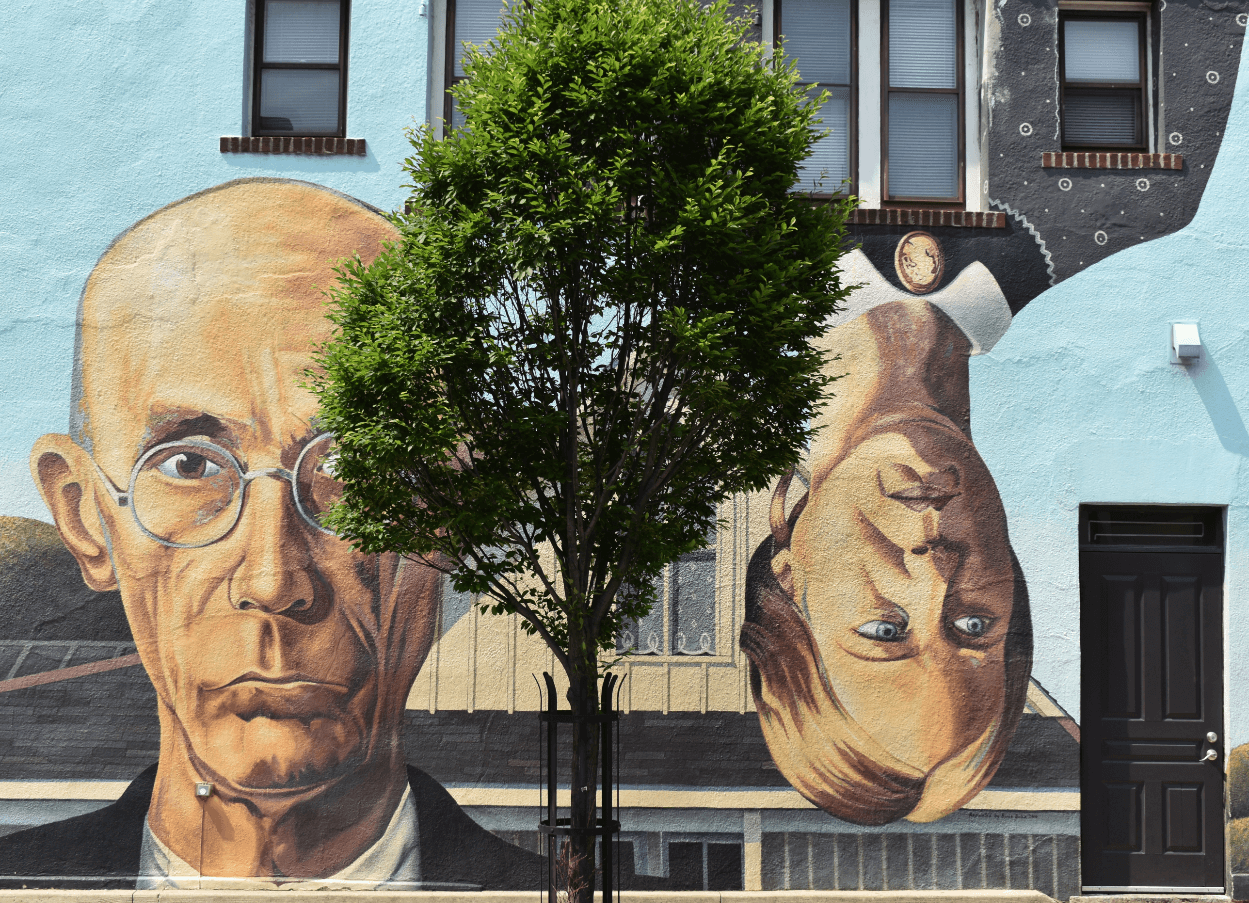Freedom Of Speech

I don’t know a thing until I can explain it to someone else out loud, so here goes.
In the spirit of continuous improvement, here are a few perspectives on the right to freedom of speech from three lenses: legal, historical, and philosophical. Legal first.
Legal Perspective
The First Amendment to the U.S. Constitution is probably the most important guarantor of individual liberty in the United States. We have a long history of court cases defining what the First Amendment does and does not protect. A unanimous 2017 Supreme Court decision describes a "bedrock First Amendment principle: Speech may not be banned on the ground that it expresses ideas that offend." (emphasis added)
Speech that demeans on the basis of race, ethnicity, gender, religion, age, disability, or any other similar ground is hateful; but the proudest boast of our free speech jurisprudence is that we protect the freedom to express ‘the thought that we hate.’
This comes from the case Matal v. Tam, SC 2017, concerning the ability of the band “The Slants” to obtain trademark protection of their band name.
The Harvard professor and civil rights lawyer Alan Dershowitz has been litigating First Amendment cases for over 50 years. His March 2021 opinion under the title “Freedom of Speech Includes Freedom To Hear Politically Incorrect Views" is worth reading entirely. For now, here’s just one sentence:
In a democracy with an open marketplace of ideas, the right to hear is more fundamental than any purported right to cancel.
In the United States, we do not have a legal right to be protected against speech that offends. This principle is under attack, and we’ll now look to history for the dangers that come with suppressing speech.
Historical Perspective
When looking to history for guidance on what may happen today, remember that history does not repeat, but people do.
The vital role of Freedom of Speech in society is well illustrated by contrasting what happens when it is absent. Totalitarian governments permit no individual freedom and seek to subordinate all aspects of individual life to the authority of the state. Totalitarian control requires restricting freedom of speech: controlling who can speak, where they can speak, and what they can say.
Totalitarianism in the 20th century has a grim record: more individuals killed by their fellow countrymen in a matter of decades than at any point in the history of humankind. Over a hundred million lives extinguished in Italy, Germany, China, Russia, North Korea, Cambodia, and more.
As horrible as this toll of the dead is, imagine the hundreds of millions more living lives of daily fear and oppression. Aleksandr Solzhenitsyn did the world a service by exposing the horrors of Soviet totalitarianism in his book The Gulag Archipelago.
After his exile to the West, Solzhenitsyn was a tireless voice warning of the dangers of staying silent, and worse agreeing to lies. His short essay, Live Not By Lies, was released just before his exile from the Soviet Union in 1974. It provides a blueprint for how to start breaking free of oppression:
Let us at least refuse to say what we do not think. … If we did not paste together the dead bones and scales of ideology, if we did not sew together rotting rags, we would be astonished how quickly the lies would be rendered helpless and would subside.
Are we really sure it couldn’t happen to us in the United States? The canceling of Dr. Seuss is just one in a sad and solemn list of people who have had their free speech rights infringed in the last few years alone.
Now what should we make of the argument that the First Amendment only applies to the government restricting speech? Make no mistake: when citizens accept private companies like Amazon, Facebook, Google, and Twitter restricting speech they don’t like, we are undermining freedom of speech. And we allow it knowing what this suppression leads to. Why pave the way so smoothly for “the dead bones and scales” of totalitarianism?
It us up to us to cancel cancel culture. Knowing where it leads, we can refuse to accept it. For more on this, You're On Double Secret Probation.
Philosophical Perspective
We each have a role to play in making the world the way we want it to be, and this extends to how we interact with our fellow citizens.
Let’s finish this discussion of Freedom of Speech on a more positive note. To recap: we don’t have a legal right to be protected from speech that offends; indeed the right to hear outweighs the ability to cancel. And recent history flashes clear warning signs of the dangers of restricting speech we dislike. Can philosophy offer us any guidance on how we might respond better, at least as individuals?
Starting with current events (well, 2018), disabled veteran Representative Dan Crenshaw became famous for not being offended by a Saturday Night Live joke mocking his war injury. In accepting SNL’s apology, he said:
I try hard not to offend. I try harder not to be offended.
Could there be a more useful rule for life today?
But it’s not just in modern times that we have had to grapple with the phenomenon of giving (and receiving) offence. Across history philosophers have given advice on how to respond when we feel we’ve been offended:
- There is only one way to avoid criticism: do nothing, say nothing, and be nothing. (Aristotle)
- Another will not hurt you unless you please. You will then be hurt when you think you are hurt. (Epictetus)
- You throw thorns. Falling in my silence they become flowers. (Buddha)
- For every minute you are angry, you lose sixty seconds of happiness. (Ralph Waldo Emmerson)
- Remember no one can make you feel inferior without your consent. (Eleanor Roosevelt)
Chew on these ideas and see if you do not come away nourished, if not enlightened.
Be well.






Member discussion